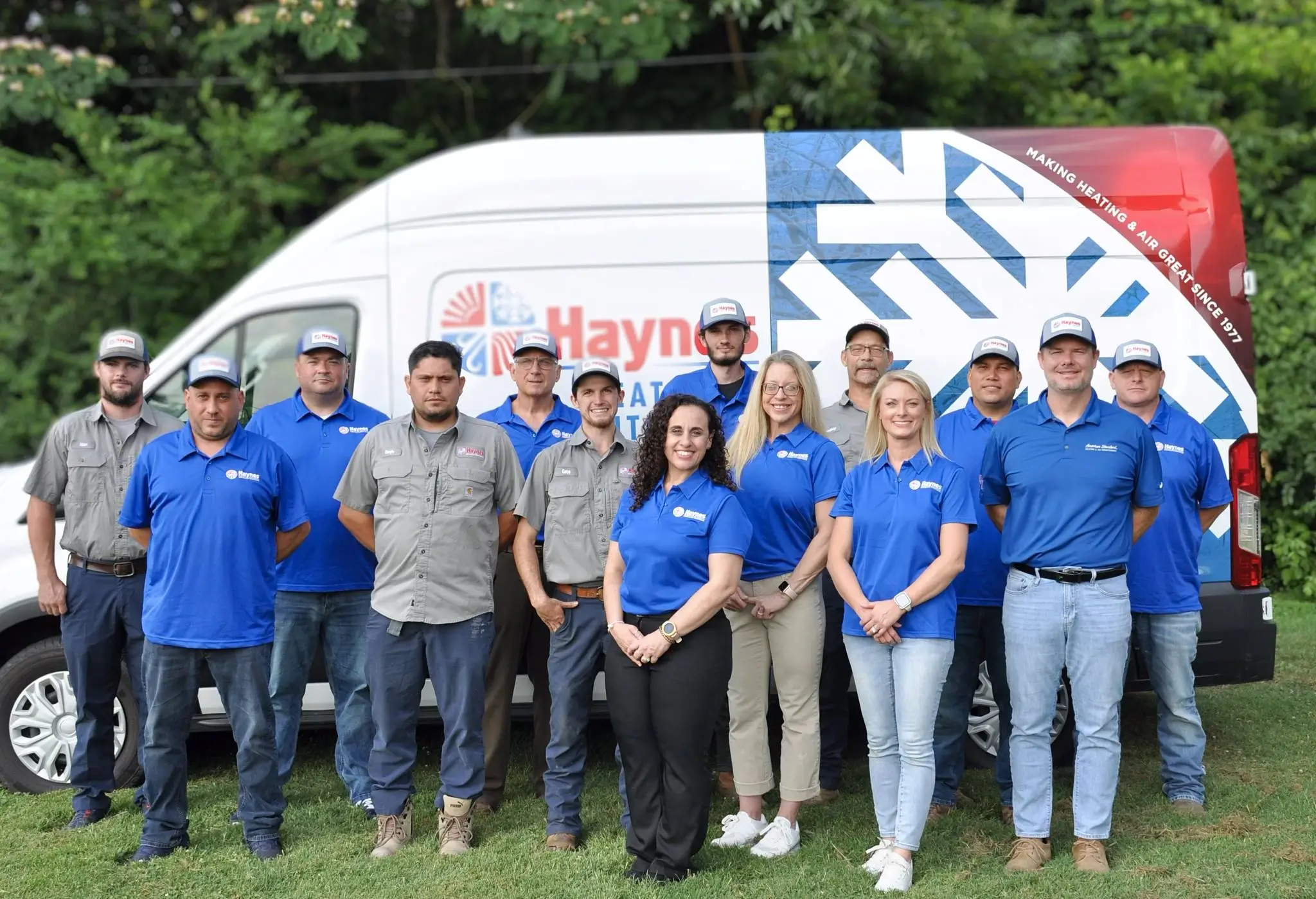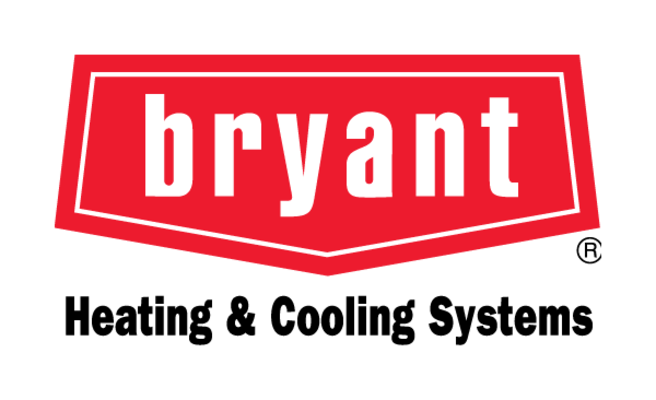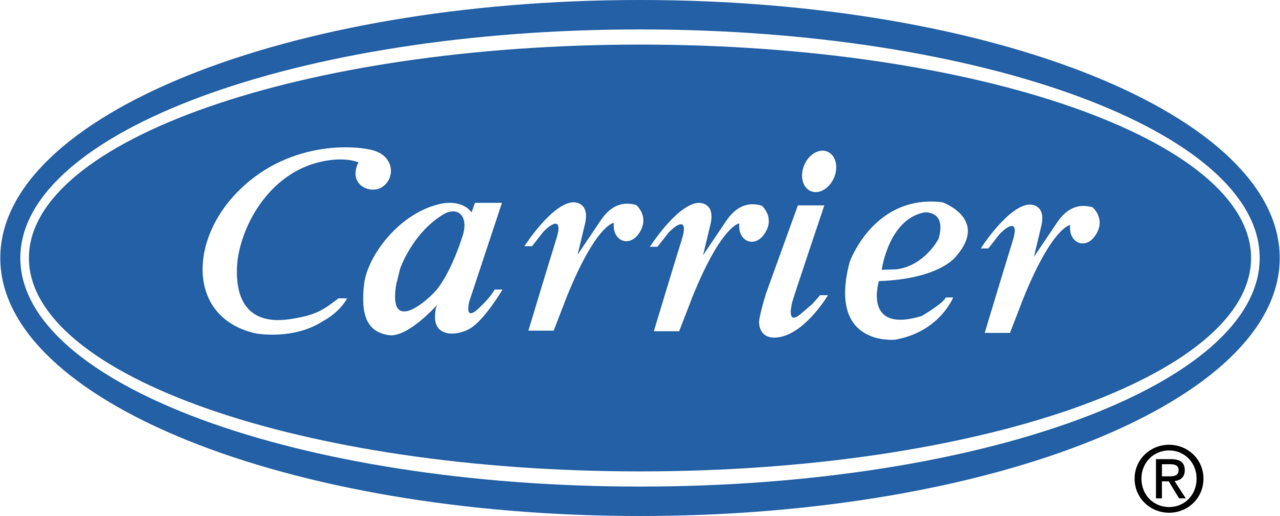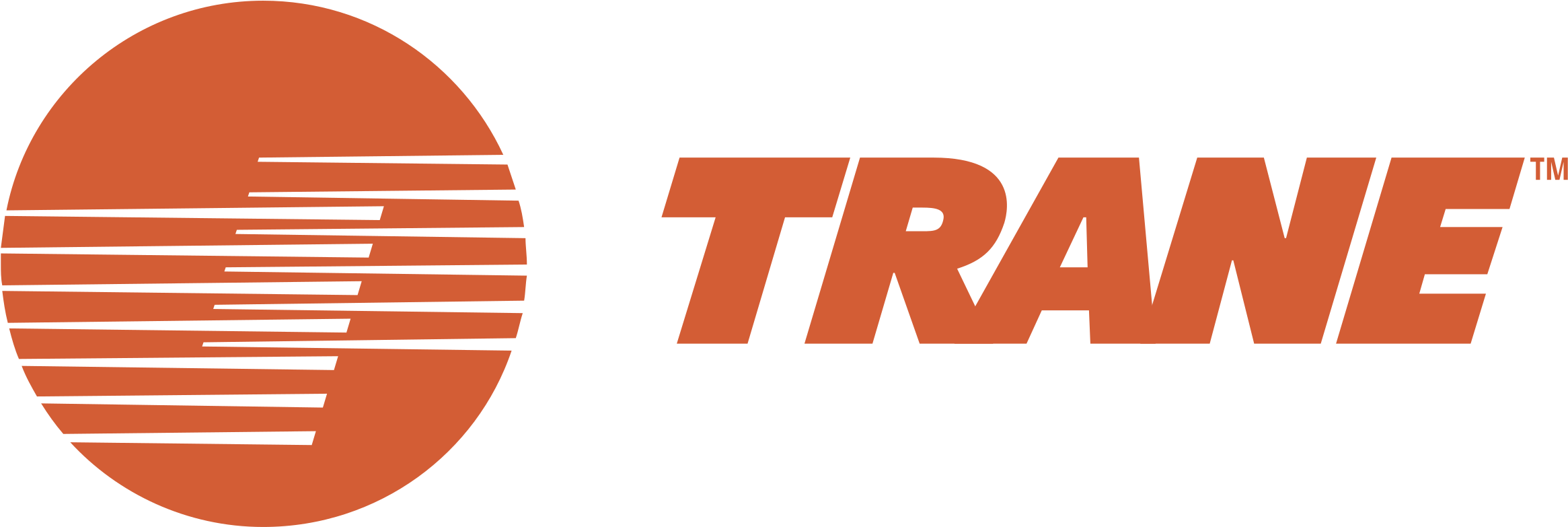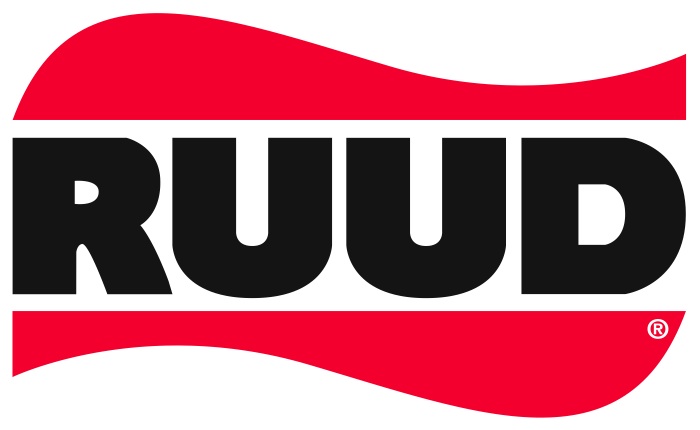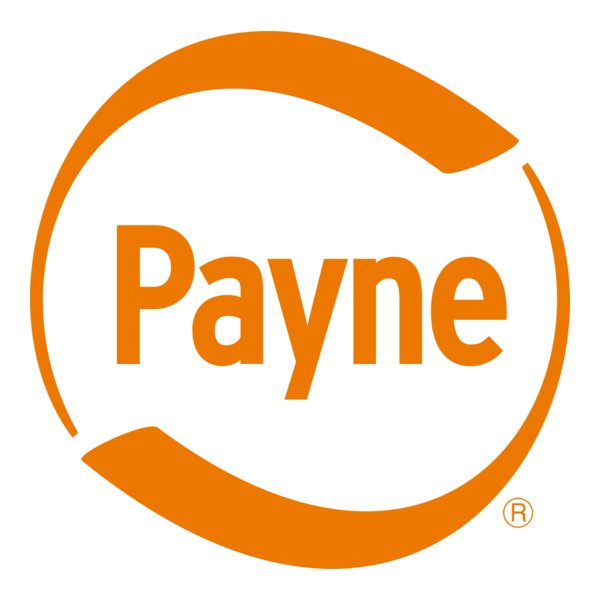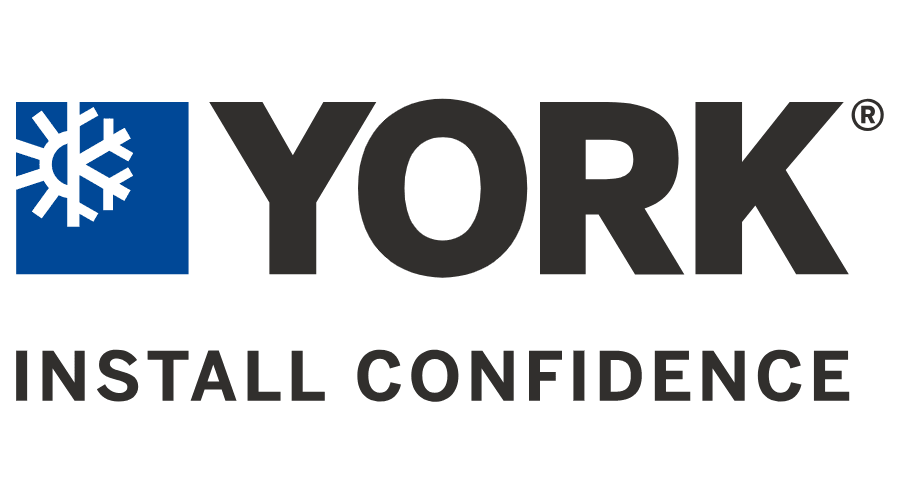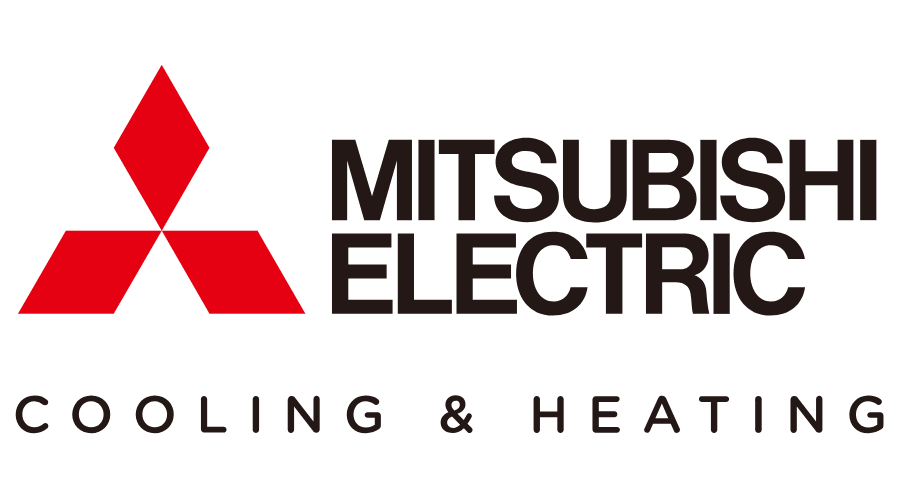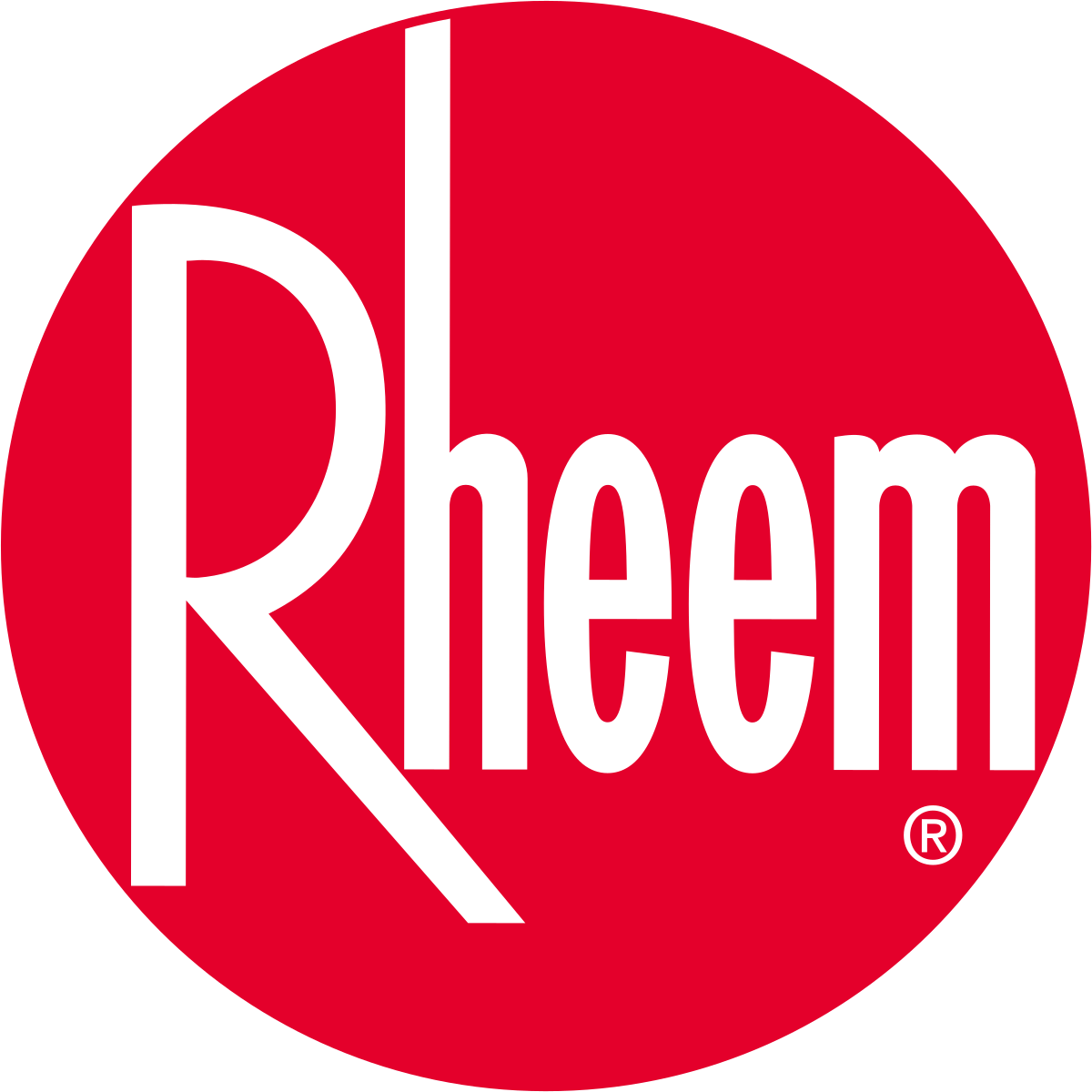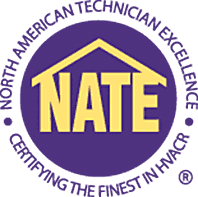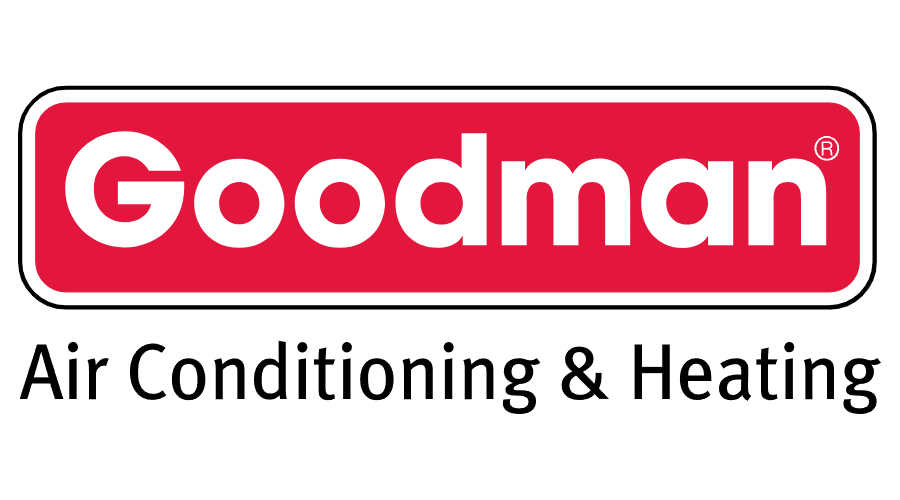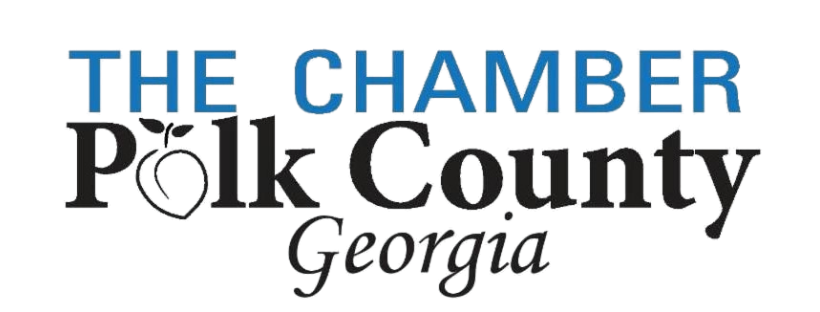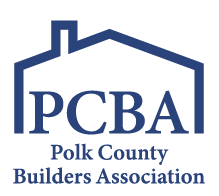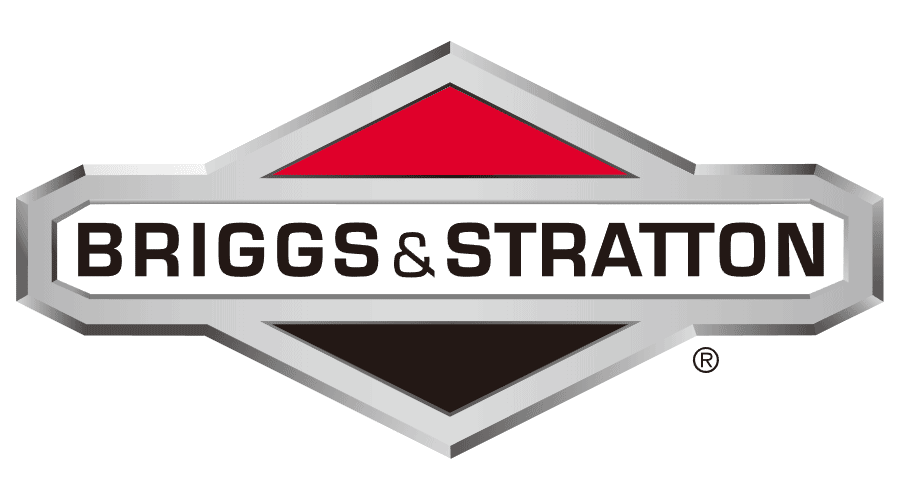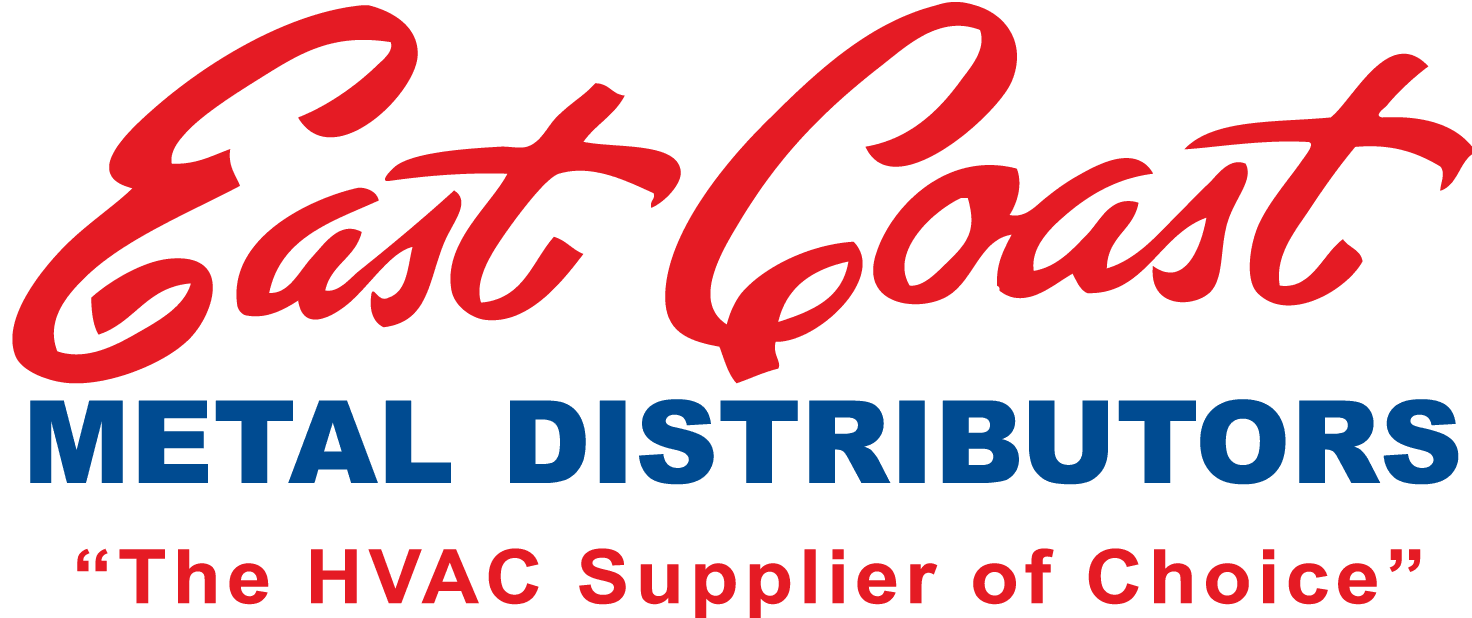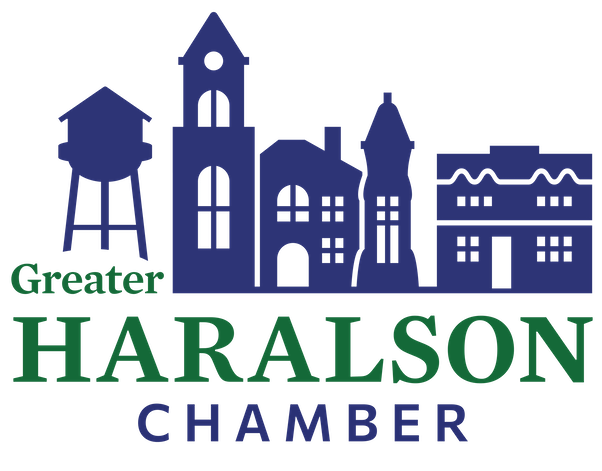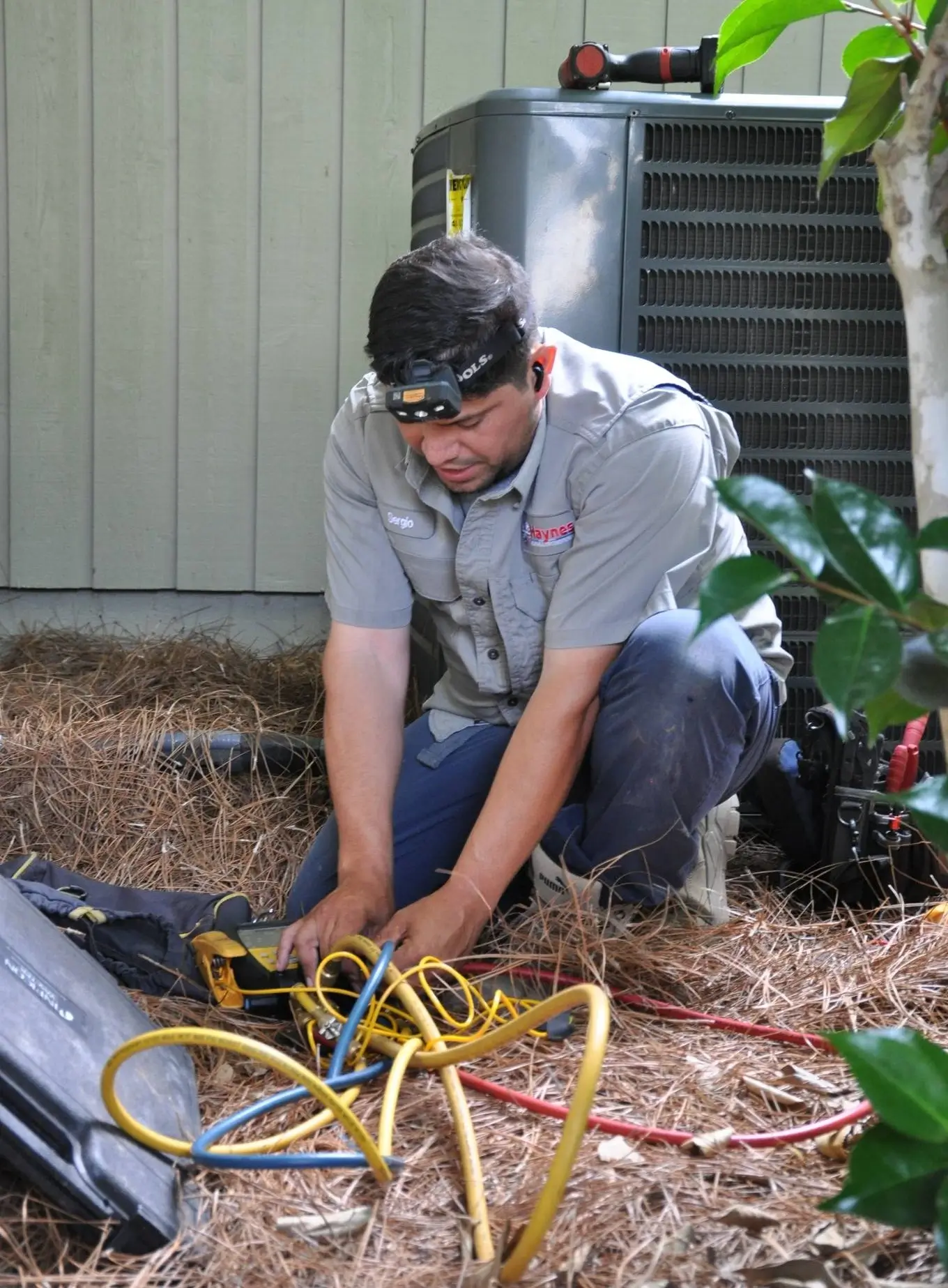Frequently Asked Questions
What is the best heating and air conditioning?
The best heating and air conditioning systems provide optimal comfort, energy efficiency, and reliability. Look for models with high SEER ratings, variable-speed technology, and professional installation to ensure maximum performance and satisfaction.
Who is the best heating company near me?
The best heating company near you is Haynes Heating & Air Conditioning, locally owned since 1977. With a focus on customer satisfaction, professionalism, and expert service, they are recognized for their commitment to quality heating solutions.
How to maintain heating and air conditioning?
Maintaining heating and air conditioning systems involves regular inspections, replacing filters, cleaning coils, and scheduling professional tune-ups to ensure optimal performance and efficiency.
How does central heat and air work?
Central heat and air systems operate by using a furnace or heat pump to generate warm or cool air, which is then distributed through ductwork and vents throughout your home, maintaining a comfortable indoor climate.
What is heating and air conditioning?
Heating and air conditioning are systems that regulate indoor temperatures for comfort, using heating methods during cold weather and cooling methods in warm conditions to maintain a comfortable environment year-round.
How does heating and air conditioning work?
Heating and air conditioning work by regulating indoor temperature and airflow. Heating systems warm the air through furnaces or heat pumps, while air conditioning systems cool it using refrigerants and evaporators to maintain a comfortable environment year-round.
Which heating and cooling system is best?
The best heating and cooling system depends on your specific needs, including home size, energy efficiency, and budget. Options like central air conditioning, heat pumps, and ductless systems are popular choices, each offering distinct advantages.
What type of heating system uses a furnace to heat cool air and transports the warm air via ducts?
The type of heating system that uses a furnace to heat cool air and transports warm air via ducts is known as a forced-air heating system. This system efficiently circulates warm air throughout your home using a network of ducts.
What features define the best HVAC system?
The features that define the best HVAC system include high energy efficiency, reliable performance, advanced air filtration, precise temperature control, and durability. These features ensure optimal comfort while minimizing energy costs and maintaining indoor air quality.
How often should I service my HVAC?
Regular HVAC servicing is essential for optimal performance. It is recommended to service your HVAC system at least once a year, ideally during spring for air conditioning and fall for heating, to ensure efficiency and extend its lifespan.
What are energy-efficient heating options available?
Energy-efficient heating options available include high-efficiency furnaces, heat pumps, and ductless mini-splits. These systems reduce energy consumption while maintaining optimal comfort, helping you save on utility bills and minimize your environmental impact.
Which brand offers the best heating systems?
The best heating systems are offered by reputable brands such as Trane, Carrier, and Lennox, known for their efficiency, reliability, and advanced features tailored to meet various heating needs.
How do I choose the right thermostat?
Choosing the right thermostat involves considering compatibility with your HVAC system, desired features like programmable settings, and user-friendliness. Evaluate options based on your lifestyle and energy-saving goals to enhance comfort and efficiency.
What are signs of HVAC system failure?
The signs of HVAC system failure include unusual noises, insufficient heating or cooling, frequent cycling, increased energy bills, and poor air quality. Recognizing these indicators early can help you prevent costly repairs and maintain comfort in your home.
How can I improve indoor air quality?
Improving indoor air quality involves regular maintenance of HVAC systems, using air purifiers, ensuring proper ventilation, controlling humidity levels, and minimizing indoor pollutants by avoiding tobacco, strong chemicals, and excessive dust.
What is the average lifespan of HVAC units?
The average lifespan of HVAC units typically ranges from 15 to 25 years, depending on factors such as maintenance, usage, and the quality of the system. Regular servicing can help extend this lifespan significantly.
How do I troubleshoot heating issues?
Troubleshooting heating issues involves checking the thermostat settings, ensuring there is power to the system, inspecting filters for dirt or blockages, and verifying if air vents are open. If problems persist, contact a heating professional for assistance.
Are programmable thermostats worth the investment?
Programmable thermostats are worth the investment as they help reduce energy costs by allowing you to set temperatures based on your schedule, ensuring efficient heating and cooling when needed while conserving energy when you're away.
What maintenance tasks improve HVAC efficiency?
The maintenance tasks that improve HVAC efficiency include regularly changing filters, cleaning coils, scheduling annual professional inspections, and ensuring proper insulation and sealing throughout your home. These steps help maintain optimal air flow and system performance.
How to determine the proper heating size?
Determining the proper heating size involves assessing your home's square footage, insulation levels, window efficiency, and local climate. A professional HVAC technician can perform a heat load calculation to ensure your system meets your heating needs efficiently.
What are common HVAC installation mistakes?
Common HVAC installation mistakes include improper sizing of units, neglecting to seal ductwork, incorrect refrigerant levels, and inadequate insulation. These errors can significantly impact system efficiency and performance, leading to higher energy costs and discomfort.
How to find reliable HVAC contractors nearby?
Finding reliable HVAC contractors nearby involves researching local companies online, reading customer reviews, checking their credentials, and asking for recommendations from friends or family. Ensure they have proper licensing and insurance for added peace of mind.
What are the benefits of ductless heating?
The benefits of ductless heating include improved energy efficiency, flexibility in temperature control for individual rooms, and easier installation without the need for ductwork, making it an ideal solution for varied heating needs in homes.
How does a heat pump differ from a furnace?
The difference between a heat pump and a furnace lies in their functionality; a heat pump transfers heat between indoors and outdoors, providing both heating and cooling, while a furnace generates heat through fuel combustion to warm your home.
What should I ask my HVAC technician?
When meeting with your HVAC technician, you should ask about their experience, available warranties, maintenance recommendations, and any energy-efficient options that could save you money in the long run.
How can zoning improve heating efficiency?
Zoning can significantly improve heating efficiency by allowing you to control temperatures in different areas of your home independently. This way, you can direct heat only to the rooms that need it, reducing energy waste and lowering utility bills.
What are the costs of HVAC repairs?
The costs of HVAC repairs vary based on factors like the type of system, extent of the damage, and labor rates. On average, homeowners can expect to pay between $150 to $1,500 for repairs, depending on the specific issues encountered.
How often should I replace air filters?
Air filters should be replaced every 1 to 3 months, depending on factors such as usage, filter type, and your home's air quality needs. Regular replacement ensures optimal system performance and indoor air quality.
What are the latest heating technology trends?
The latest heating technology trends include smart thermostats that optimize energy use, high-efficiency furnaces with variable-speed blowers, and eco-friendly options like heat pumps and solar heating systems that enhance comfort while reducing environmental impact.
How do I calculate HVAC running costs?
Calculating HVAC running costs involves determining the energy consumption of your system. Multiply the system's wattage by the hours of operation, then divide by 1,000 to convert to kilowatts. Finally, multiply by your local electricity rate to get the total cost.
